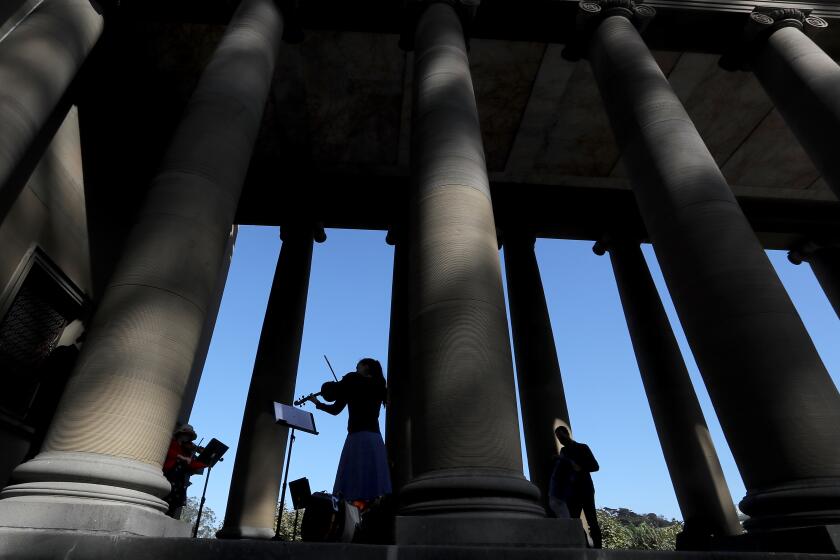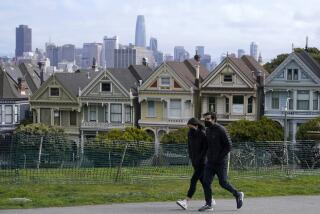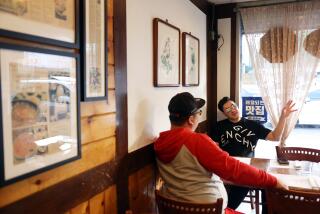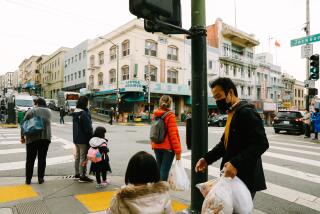San Francisco, facing a coronavirus uptick, shuts down indoor dining again
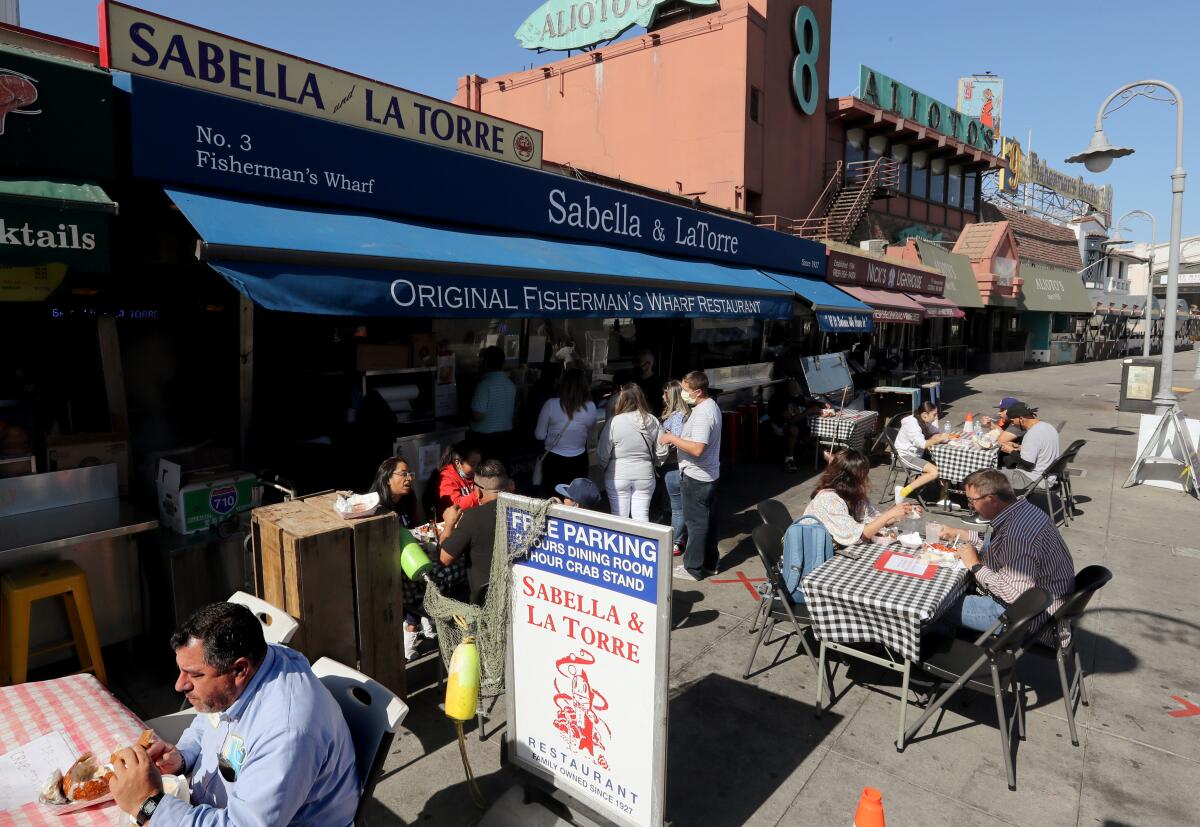
SAN FRANCISCO — San Francisco health officials announced Tuesday that they would be rolling back several coronavirus reopenings, meaning that indoor dining will be suspended, capacity at gyms and theaters will be reduced and the city’s high schools will have to wait to reopen.
The city has one of the state’s lowest rates of coronavirus cases and deaths and was not forced by state health officials to implement the new restrictions. But health authorities have noticed a recent uptick in cases and decided to act to prevent another surge of infections.
The new restrictions, which go into effect Friday at 11:59 p.m., represent another blow to the city’s famed restaurant industry.
“Unfortunately, we’ve been in this for a long time now, and people are tired and people have gotten complacent,” said Mayor London Breed, who has received national acclaim, and some local blowback, for her handling of the coronavirus.
Unlike many cities statewide, San Francisco has regularly been more restrictive than state mandates in reopening its economy. The payoff has come with a low infection rate, resulting in San Francisco becoming the first urban center in California to enter the least restrictive tier for reopening.
San Francisco shut down early in the pandemic and later limited reopening. Now the city is the first urban center in California where the risk of infection is rated as minimal.
Yet over the last two weeks, health authorities have noticed a rise in the positivity rate for coronavirus that gives them concern. Although they still will allow certain schools to remain open, or reopen, they are ordering high school to take a pause before resuming classes.
In a news conference Tuesday, Breed and San Francisco’s public health director, Dr. Grant Colfax, also warned San Franciscans to take heed as the holidays approach, recommending cessation of nonessential travel, and to limit holiday gatherings only to household members.
If gathering with non-household members does occur, Colfax urged people to have these celebrations outside, wear masks and maintain social distancing. He noted that eating and drinking are particularly risky as these behaviors require the removal of masks.
“We need to remember that the virus is not only still with us, but there is more around than ever before,” Colfax said. “The virus, unfortunately, has no boundaries, no limits, and … it certainly does not have a holiday schedule.”
He said the new restrictions and guidelines were established to ensure hospital capacity in the coming weeks and prevent the possible reinstatement of a shelter-in-place order.
“We are unfortunately taking a step back to make sure we can move forward in the future,” said Colfax, who presented a slide showing that cases in the city have more than doubled since early October.
Between Oct. 21 and Nov. 5, the rate jumped from 3.7 cases per 100,000 people to 9 per 100,000, he said, averaging 80 new cases a day — up from 32 at the end of October.
He said the jump was being seen statewide. On Tuesday, state health officials announced that 11 counties, including Santa Cruz and Contra Costa counties in the Bay Area, were being moved back to more restrictive tiers in the state’s coronavirus reopening system.
While California “remains in much better shape in terms of case increases compared to the rest of the nation,” Colfax said, the state saw a 29% increase in new cases in the last two weeks.
More to Read
Sign up for Essential California
The most important California stories and recommendations in your inbox every morning.
You may occasionally receive promotional content from the Los Angeles Times.
